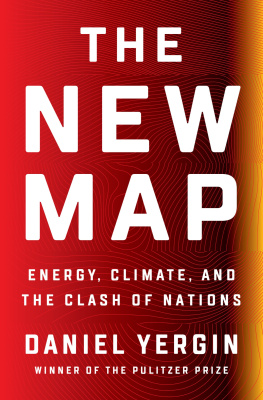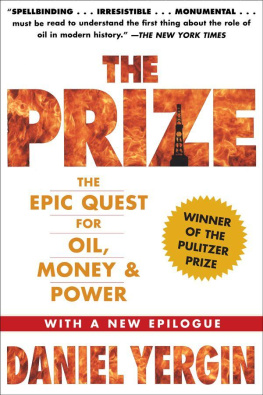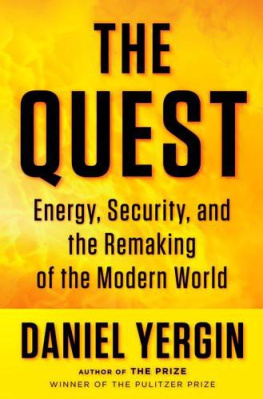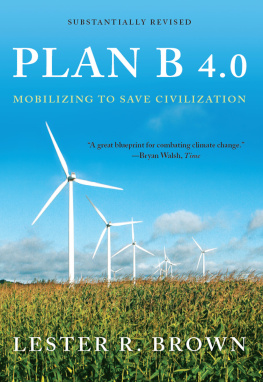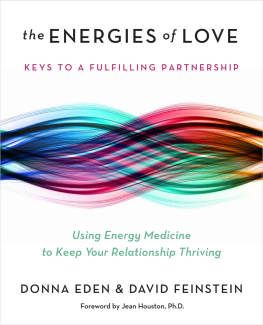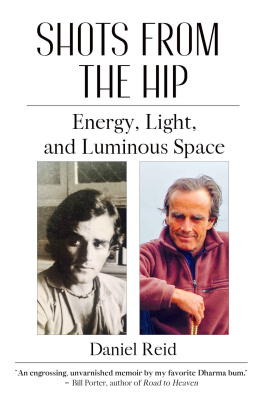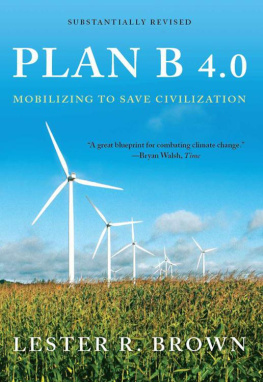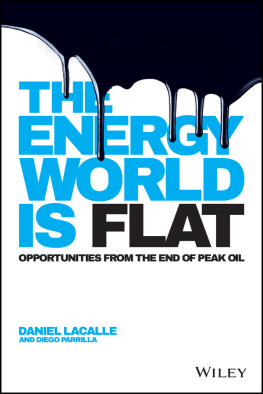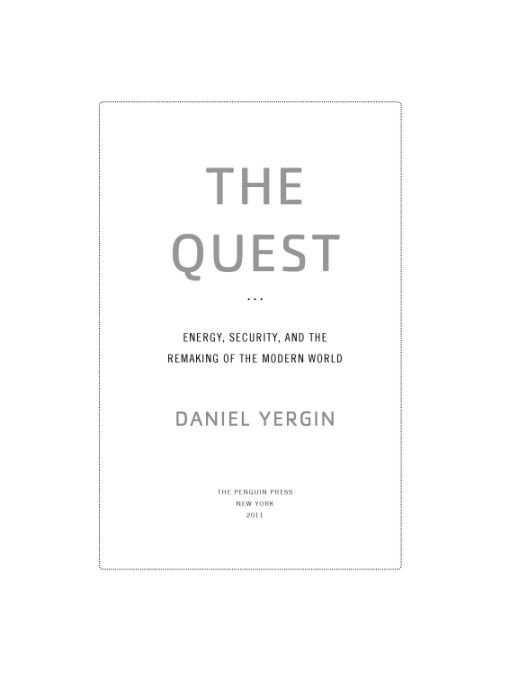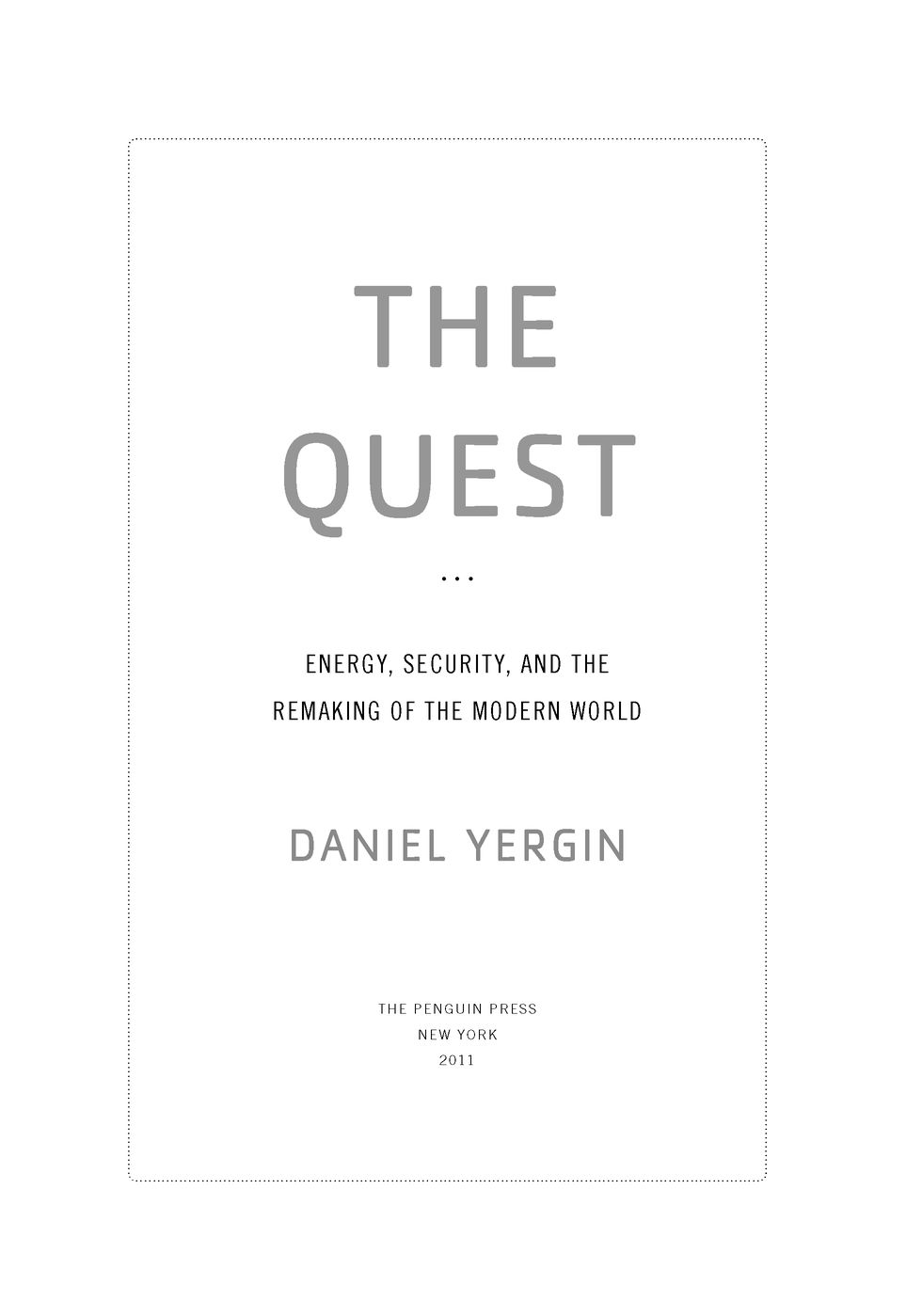Table of Contents
ALSO BY DANIEL YERGIN
The Prize
Shattered Peace
Coauthored by Daniel Yergin
The Commanding Heights
Russia 2010
Global Insecurity
Energy Future
INTRODUCTION
They happened at the same time, halfway around the globe from each Bother. They both shook the world.
On March 11, 2011, at 2:46 in the afternoon Japan time, 17 miles below the seabed, the pressure between two vast tectonic plates created a massive violent upward force that set off one of the most powerful earthquakes ever recorded. In addition to widespread damage to buildings and infrastructure in the region north of Tokyo, the quake also knocked out the power supply, including that to the Fukushima Daiichi nuclear complex. Fifty-five minutes later, a huge tsunami unleashed by the quake swept over the coast, drowning thousands and thousands of people. At the Fukushima Daiichi complex, located at the very edge of the ocean, the massive tsunami surged above the seawall and flooded the power station, including its backup diesel generator, depriving the hot nuclear reactors of the cooling water required to keep them under control. In the days that followed, explosions damaged the plants, radiation was released, and severe meltdowns of nuclear rods occurred.
The result was the worst nuclear accident since the explosion at the Chernobyl nuclear plant in Soviet Ukraine a quarter century earlier. The Fukushima accident, compounded by damage to other electric generating plants in the area, led to power shortages, forcing rolling blackouts that demonstrated the vulnerability of modern society to a sudden shortage of energy supply. The effects were not limited to one country. The loss of industrial production in Japan disrupted global supply chains, halting automobile and electronics production in North America and Europe, and hitting the global economy. The accident at Fukushima threw a great question mark over the global nuclear renaissance, which many had thought essential to help meet the power needs of a growing world economy.
On the other side of the world, a very different kind of crisis was unfolding. It had been triggered a few months earlier not by the clash of tectonic plates, but by a young fruit seller in the Tunisian town of Sidi Bouzid. Frustrated by constant harassment by the towns police and by the indifference of local officials, he doused himself with paint thinner and set himself aflame in protest in front of the city hall. His story and the ensuing demonstrations, transmitted by mobile phones, Internet, and satellite, whipped across Tunisia, the rest of North Africa, and the Middle East. In the face of swelling protests, the regime in Tunisia collapsed. And then, as protesters filled Tahrir Square in Cairo, so did the government in Egypt. Demonstrations against authoritarian governments spread across the entire region. In Libya, the protests turned into a civil war which drew in NATO.
The global oil price shot up in response not only to the loss of petroleum exports from Libya, but also to the disruption of the geostrategic balance that had underpinned the Middle East for decades. Anxiety mounted as to what the unrest might mean for the Persian Gulf, which supplies 40 percent of the oil sold into world markets, and for its customers around the globe.
These two very different but concurrent sets of events, oceans away from each other, delivered shocks to global markets. The renewed uncertainty and insecurity about energy, and the anticipation of deeper crisis, underscored a fundamental realityhow important energy is to the world.
This book tries to explain that importance. It is the story of the quest for the energy on which we so completely rely, for the position and rewards that accrue from energy, and for the security it affords. It is about how the modern energy world developed, about how concerns about climate and carbon are changing it, and about how different the energy world may be tomorrow.
Three fundamental questions shape this narrative: Will enough energy be available to meet the needs of a growing world and at what cost and with what technologies? How can the security of the energy system on which the world depends be protected? What will be the impact of environmental concerns, including climate change, on the future of energyand how will energy development affect the environment?
As to the first, the fear of running out of energy has troubled people for a long time. One of the nineteenth centurys greatest scientists, William Thomsonbetter known as Lord Kelvinwarned in 1881, in his presidential address to the British Association for the Advancement of Science in Edinburgh, that Britains energy base was precarious and that disaster was impending. His fear was not about oil, but about coal, which had generated the Age of Steam, fueled Britains industrial preeminance, and made the words of Rule, Britannia! a reality in world power. Kelvin somberly warned that Britains days of greatness might be numbered because the subterranean coal-stores of the world were becoming exhausted surely, and not slowly and the day was drawing close when so little of it is left. The only hope he could offer was that windmills or wind-motors in some form will again be in the ascendant.
But in the years after Kelvins warning, the resource base of all hydrocarbonscoal, oil, and natural gascontinued to expand enormously.
Three quarters of a century after Kelvins address, the end of the Fossil Fuel Age was predicted by another formidable figure, Admiral Hyman Rickover, the father of the nuclear navy and, as much as any single person, the father of the nuclear power industry, and described once as the greatest engineer of all time by President Jimmy Carter.
Today, coal, oil and natural gas supply 93 percent of the worlds energy, Rickover declared in 1957. That was, he said, a startling reversal from just a century earlier, in 1850, when fossil fuels supplied 5 percent of the worlds energy, and men and animals 94 percent. This harnessing of energy was what made possible a standard of living far higher than that of the mid-nineteenth century. But Rickovers central point was that fossil fuels would run out sometime after 2000and most likely before 2050.
Can we feel certain that when economically recoverable fossil fuels are gone science will have learned how to maintain a high standard of living on renewable energy sources? the admiral asked. He was doubtful. He did not think that renewableswind, sunlight, biomasscould ever get much above 15 percent of total energy. Nuclear power, though still experimental, might well replace coal in power plants. But, said Rickover, atomic-powered cars just were not in the cards. It will be wise to face up to the possibility of the ultimate disappearance of automobiles, he said. He put all of this in a strategic context: High-energy consumption has always been a prerequisite of political power, and he feared the perils that would come were that to change.
The resource endowment of the earth has turned out to be nowhere near as bleak as Rickover thought. Oil production today is five times greater than it was in 1957. Moreover, renewables have established a much more secure foundation than Rickover imagined. Yet we still live in what Rickover called the Fossil Fuel Age. Today, oil, coal, and natural gas provide over 80 percent of the worlds energy. Supplies may be much more abundant today than was ever imagined, but the challenge of assuring energys availability for the future is so much greater today than in Kelvins time, or even Rickovers, owing to the simple arithmetic of scale. Will resources be adequate not only to fuel todays $65 trillion global economy but also to fuel what might be a $130 trillion economy in just two decades? To put it simply, will the oil resources be sufficient to go from a world of almost a billion automobiles to a world of more than two billion cars?


